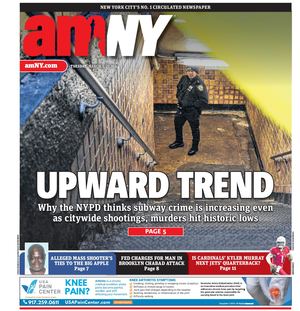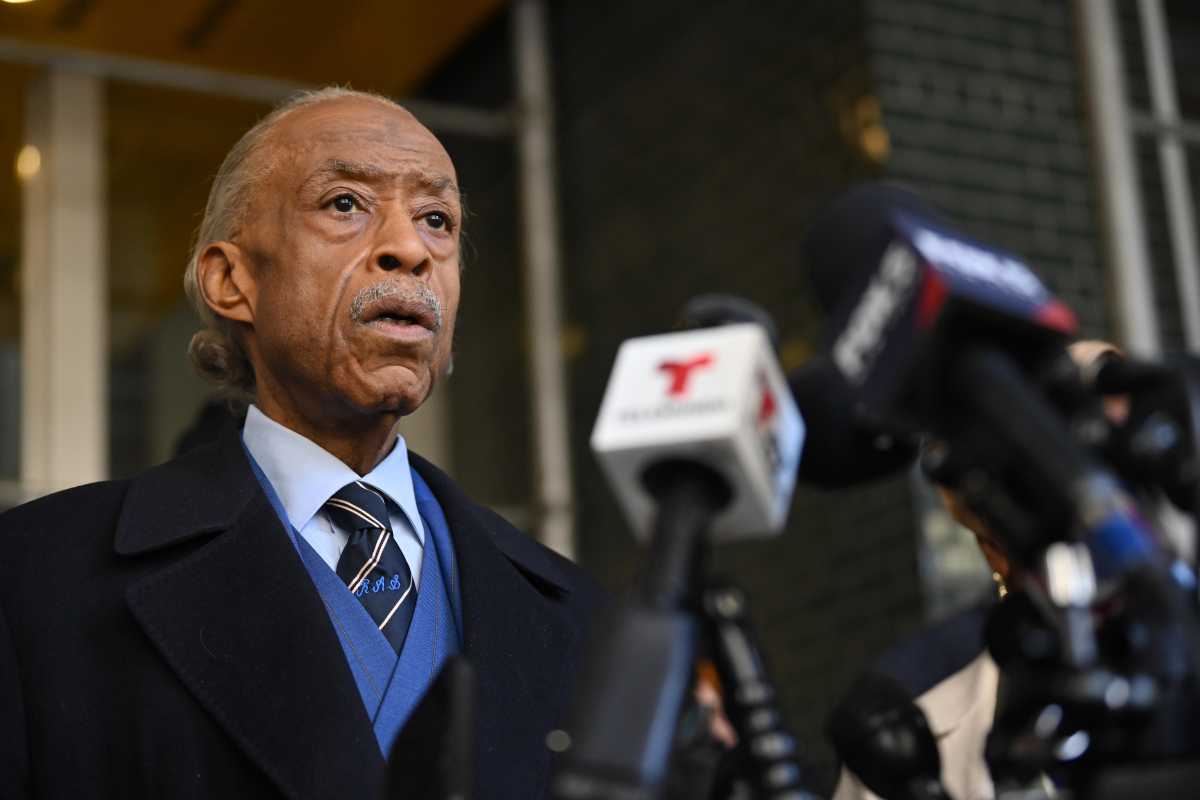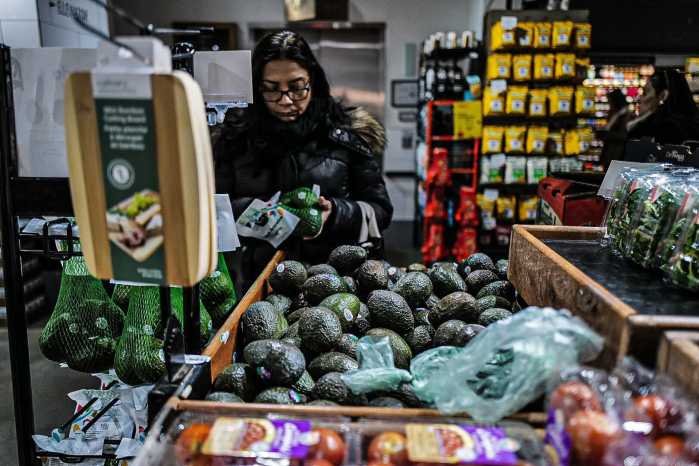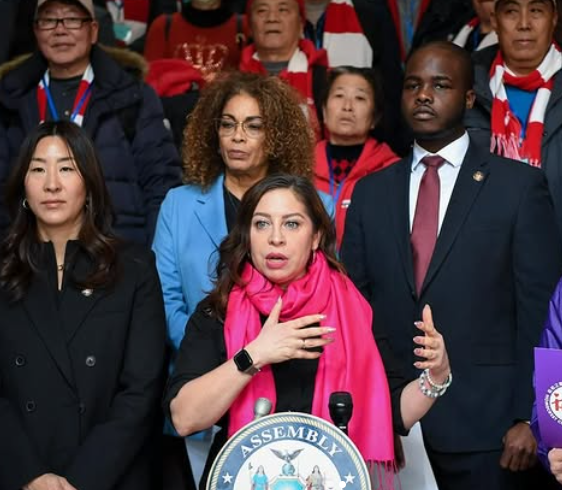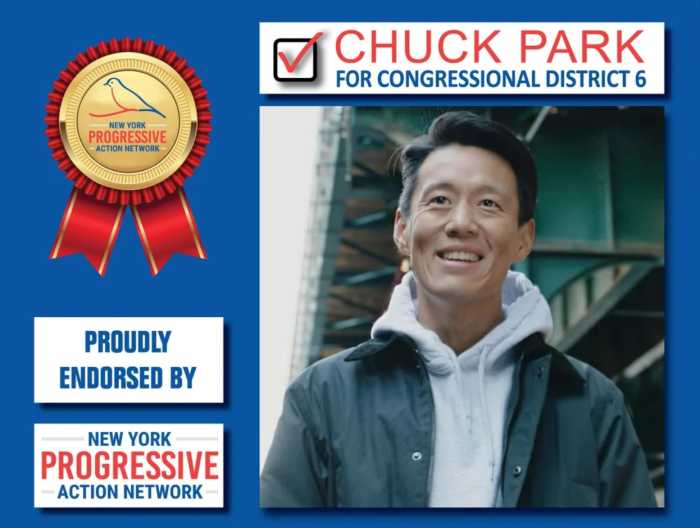For anyone concerned about affordability in New York City, recent policy shifts in Washington – and now right here at City Hall – should sound a screaming alarm that making ends meet in the five boroughs is about to get much, much harder for many.
That is because even as inflation squeezes families and federal safety nets are slashed, the City Council has passed a bill that would raise the cost of grocery delivery. But for seniors, working families, and those living in food deserts, grocery delivery is a lifeline for affordable food, medicine, and other daily essentials.
According to the New York Health Foundation two-thirds of “chronically ill food-insecure” New Yorkers say “transportation is a barrier to getting the food they need.” At the same time, more than half of SNAP participants who depend on online grocery delivery say they struggle with the cost of grocery delivery already.
And while energy prices, home goods and more have seen historic price increases, the rising weight of grocery bills stands above all else when it comes to the economic challenges facing struggling communities.
Far too many New Yorkers have suffered the strain of high grocery prices. In fact, today, throughout New York, food insecurity affects 1 in 4 children, 1 in 8 households, and nearly 1.4 million people. The pressure of inflation is squeezing our families even tighter, especially in communities of color. Its clear that hunger is rising at an alarming rate – and without swift action, the situation is about to get much, much worse.
Predictably, President Trump and Republicans in Washington are callously slashing billions in funding for food programs like SNAP — threatening a lifeline for almost 3 million of our neighbors and hundreds of thousands of Black and Brown New Yorkers. That is because – as is too often the case when negative economic pressures mount – it is communities of color that disproportionately bear the brunt, deepening the financial instability of countless families and exacerbating inequality.
However, it’s the City Council’s surprising recent legislative efforts that will double down on the Trump administration’s morally bankrupt safety net cuts and make it even harder for countless New Yorkers to afford and even access groceries.
For those working on the ground to increase food access for those in need, we see everyday how families depend on grocery delivery when transportation is a barrier. If Mayor Adams allows this bill to become law, it would diminish the ability of organizations like Collective Food Works to serve the families who rely on us, and disconnect local businesses and food providers from the communities they’re meant to nourish.
That is why Mayor Eric Adams must veto Int 1135. Simply put, this policy will push vulnerable New Yorkers into hunger by driving up the cost of grocery delivery, a service hundreds of thousands of New Yorkers rely on.
Instead of working to increase access to affordable groceries while preserving flexible work opportunities , the Council’s approach will drastically hike up the cost of delivery, put affordable food even further out of reach, and block access to earnings opportunities for workers. The effects of this law would be harshest on Black and Brown communities — the same neighborhoods that disproportionately account for the city’s food deserts.
For years, Mayor Adams has led the charge to tackle food insecurity and make it easier for countless families to put food on the table: lowering the cost of healthy fruits and vegetables, streamlining the SNAP application backlog, and providing a monthly credit of up to $270 for SNAP-eligible grocery delivery. Now, he has the opportunity to continue that great legacy by saving New Yorkers from the Council’s misguided policy approach to grocery delivery.
Intensifying hunger is a policy choice. Int 1135 would choose to make groceries more expensive and harder to access for the sick, the poor, the young, the old, and the families across our city who are working hard just to get by. That is why Mayor Adams must veto this legislation today, and why the Council must reconsider this policy if he does.
